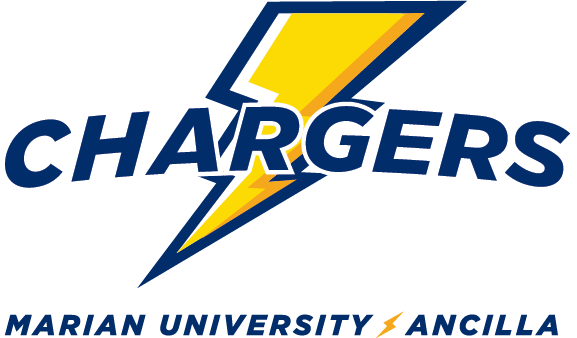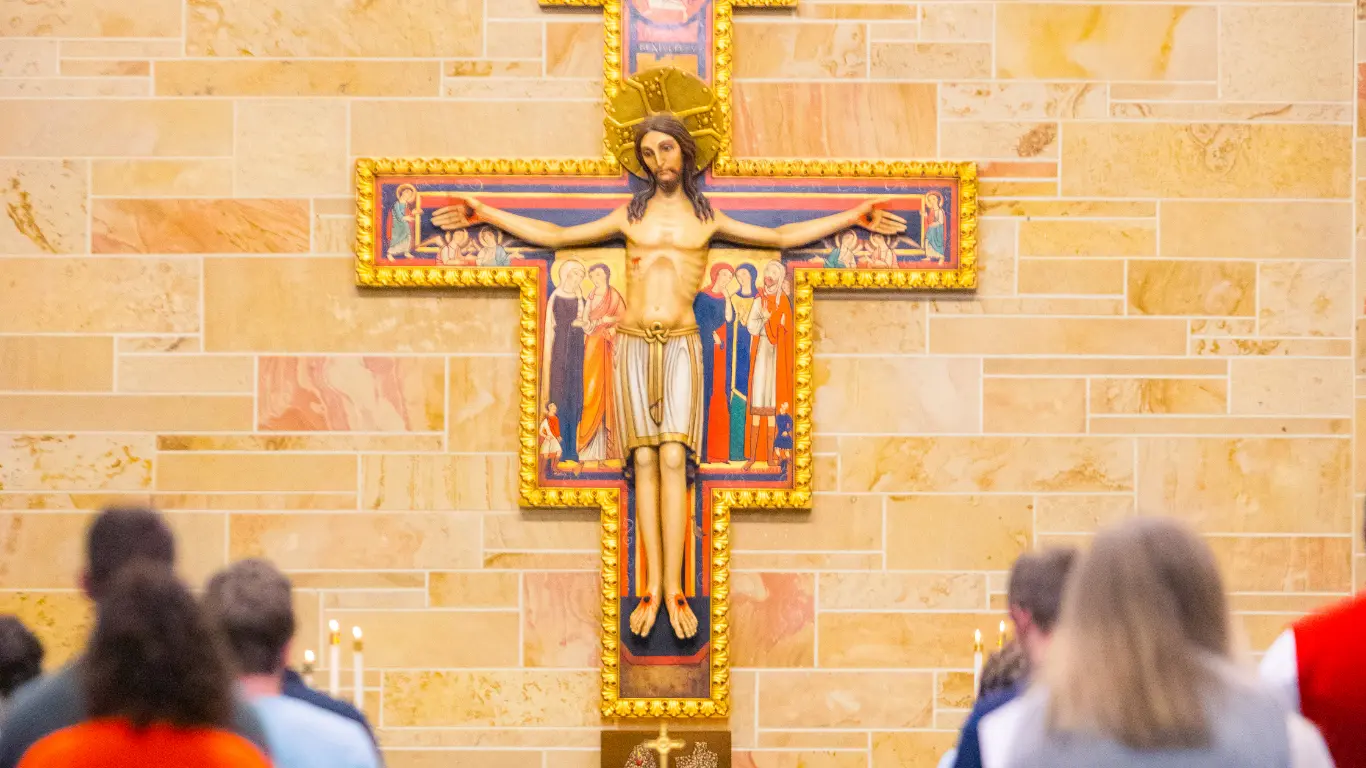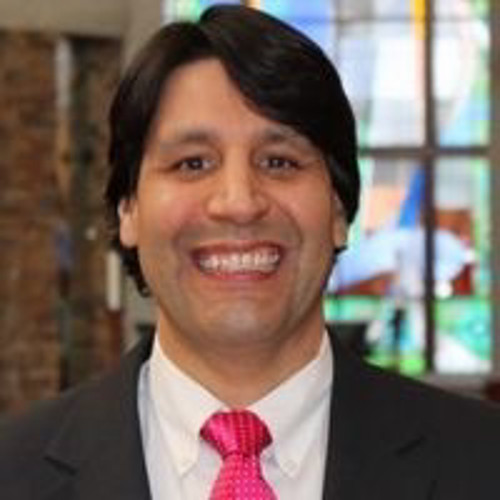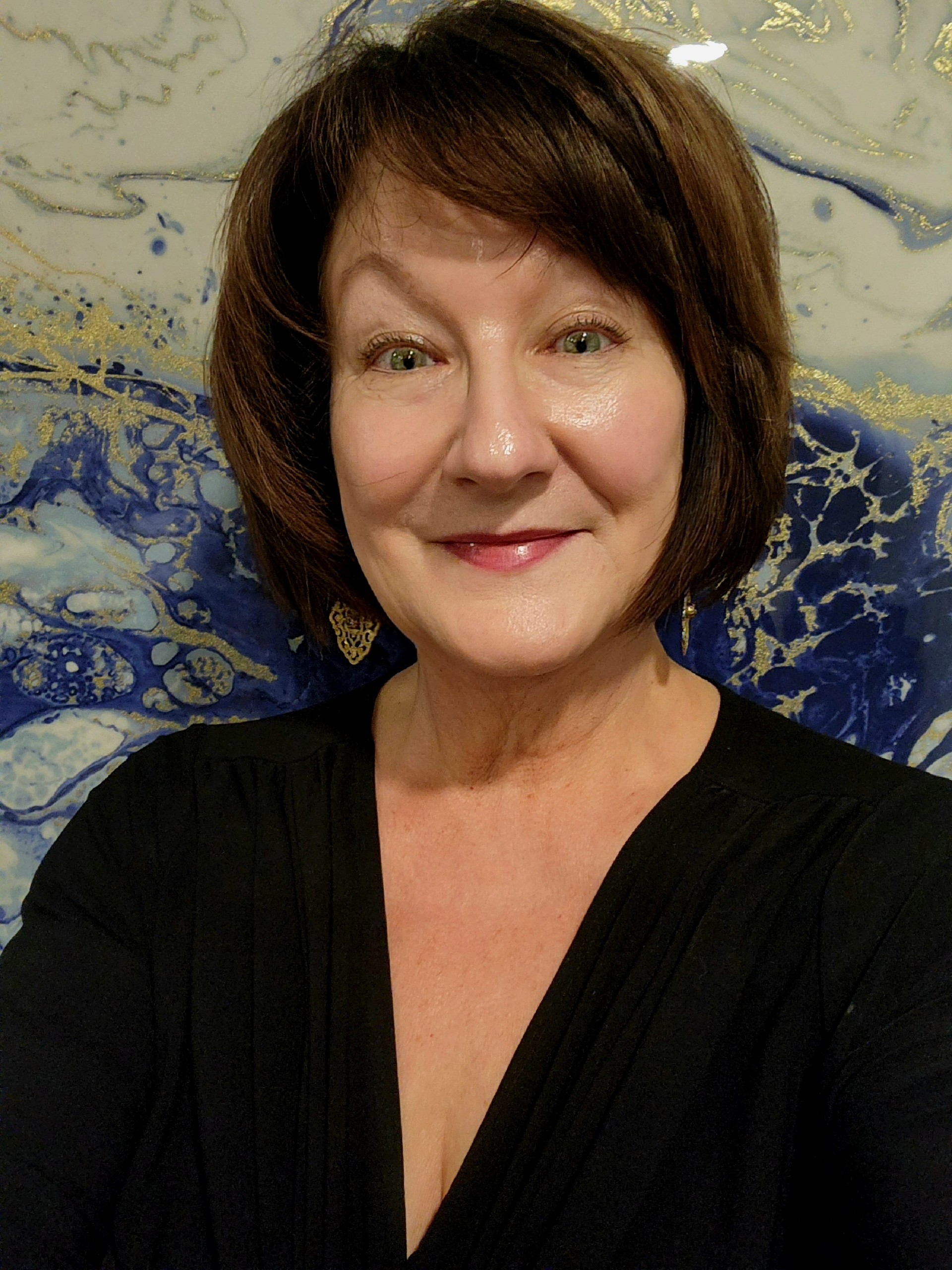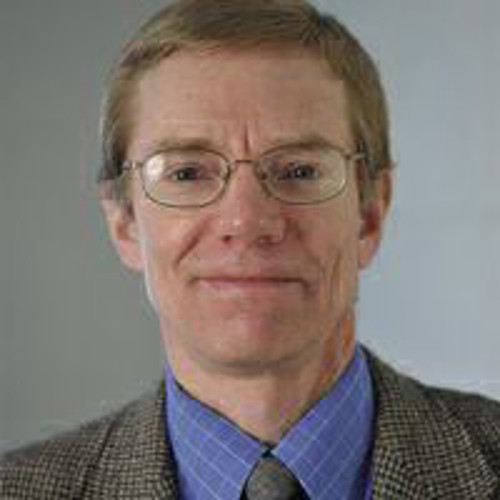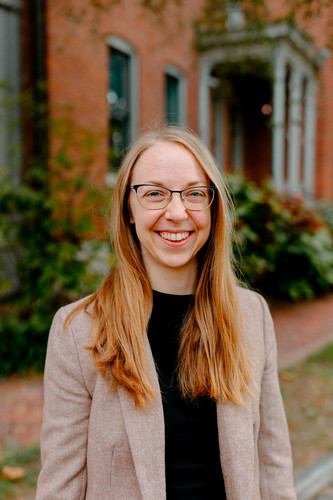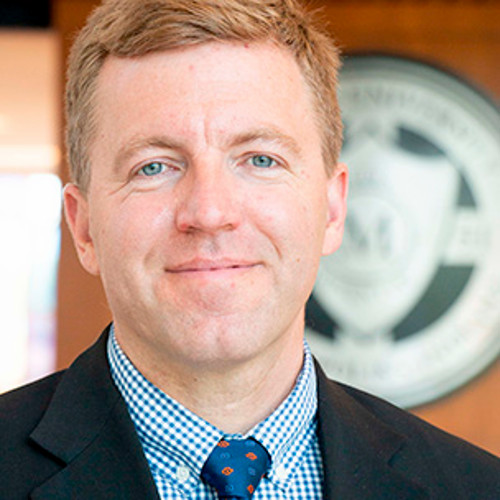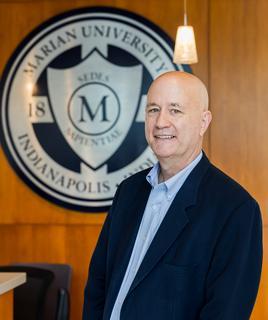Students of theology immerse themselves in a wide curriculum including Scripture, foundational Christian doctrines, church history, moral theology and ethics, spirituality and mysticism, liturgy, Catholic social teaching, church fathers and mothers, interfaith dialogue and ecumenism, and practical theology.
The typical background for students of theology is just as broad: some have had extensive religious training before college, others are brand new. What they all have in common is an interest in theological formation and the critical questions of faith.
Some students will go on to full-time ministry; some will pursue further scholarship in the academy; others answer a calling for leadership in the secular marketplace or in the home. Our programs of study are designed to complement double-majors in other fields, then, enabling students to mature in multiple disciplines as they discern future vocational or career paths.
Regardless of future directions, students of theology are well-prepared with an education that offers essential skills in high demand—critical thinking, synthesis of information, written and oral communication—while attending to the development of the theological person.
